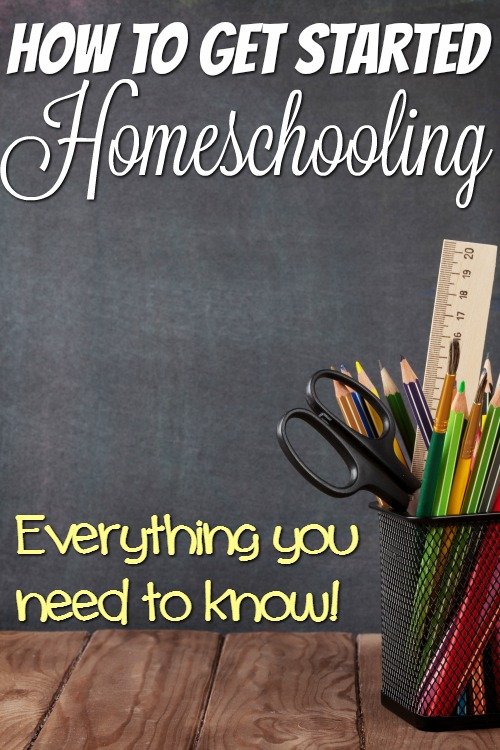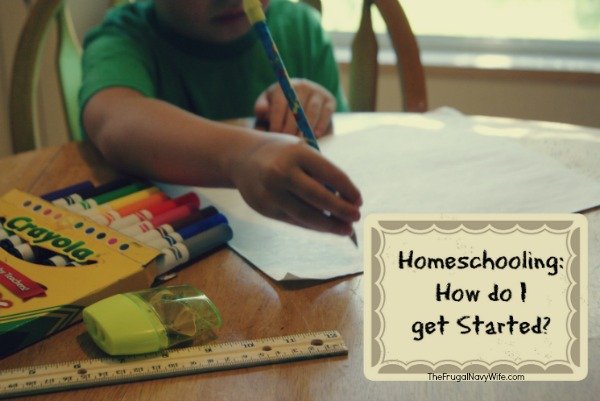So you’ve made the decision to homeschool, taken the plunge, told your family and friends. Now What? After fending off the repeatedly asked questions “But what about socialization?”, “How can you teach Algebraic equations, Native American History… Rocket Science; or insert some obscure “Classic” piece of literature here, or “Shouldn’t you leave it to the professionals?” Maybe you’re even asking yourself those questions. Don’t let a lack of confidence take away your peace about the choice you’ve made. Do some research, arm yourself with facts, figures, and plain old heart, and use them like a weapon to knock out the doubt.Whatever reason you made this decision for, be it; religious, poor public school choices in your area, a desire to create a closer knit family, behavioral issues, or wanting to have a say in exactly what your child is taught- knowledge will be your best friend in charting your homeschool course. Join us this week where we will answer a lot of your questions, show you where to find your own answers, and help pave the way for your homeschool days ahead.

How to Get Started Homeschooling
Where do I Start? The first part of getting ready to homeschool your child should be an information gathering expedition, you are responsible for knowing the laws governing homeschool in your state, or county. While it is legal in every state, depending on where you live there are different rules governing records, attendance, subjects covered, etc. Find your state on the HSLDA and look into the requirements. The HSLDA or “The Homeschool Legal Defense Association” is a great resource for your questions.
These are some of the things you are going to need to gather as much information on as you can while researching state laws:
Daily and yearly attendance requirements– Does your state require 4 hours of daily school, 180 days a year? This is a very important and basic piece of information that will affect your homeschool, especially if your state requires a log of daily activities.
Legal Documents– Do you have to turn in any paperwork? Like a Notice of Intent- A notice of intent is a document letting the district know your intention of homeschooling, it should include; child’s name, age, residence, and hours of attendance. Find out when you are required to have this in by. Usually whether your child has never been in the public school system or you are transferrin them to home this is required documentation. Most states require this to be re-submitted each year.
Related: Homeschooling on the Road – Roadschooling
Ages of Attendance – Most states do not require school attendance until 6, but it will vary state to state. Also, does your state require documentation or testing after 16?
Curriculum – Do they require you to use a specific curriculum, or the same subjects as the public school system? Some states will just require a covering of the basic subjects, while others have no requirements at all.
Testing and Documentation – Do they require a portfolio? Should it be submitted annually or biannually? What is required to be kept in it? Is testing required yearly? Is it a specific test? Some states will allow you to use an alternative option like assessments via a certified teacher.
Next I would recommend finding a local homeschool support group. There you can find parents with experience who can answer questions and help you navigate the waters of home education and newbies like you who are a great encouragement/sounding board. You can search for a group to connect with on the HSLDA website. Another great resource for connecting with like-minded parents is Facebook. Search for keywords like; Homeschool, and also “Florida Homeschool “, “Kindergarten Homeschool”, or other key phrases that are relevant to your location, and grade levels. Finding local support will often address the socialization issues as well. Whether you find a more relaxed group, or a more structured co-op to participate in, both often have organized, and scheduled activities for mom’s and kids to participate in. Sports, field trips, P.E., and activities to suit hobbies, and interests.
And finally, if you can, I recommend finding a local Homeschool workshop or convention. These are fantastic resources for Q&A sessions, curriculum, legal assistance, and support. There are lectures, and classes you can attend. Don’t feel pressured to buy curriculum here, but it is a perfect setting to get a close up look at the many choices that are available to you. Meet other like-minded parents, and take lots of notes!
More Homeschool Help
10 Easy Ideas for Organizing Your Homeschool
8 Must Haves for Preschool Homeschool Curriculum
How to Homeschool When You are Sick
10 Local Field Trips for Your Homeschool
Tips for Stressed Out Homeschooling Parents


Homeschool Planning + A BIG List of Resources
Monday 18th of July 2016
[…] How to Get Started Homeschooling from Roadschooling with the Frugal Navy Wife […]